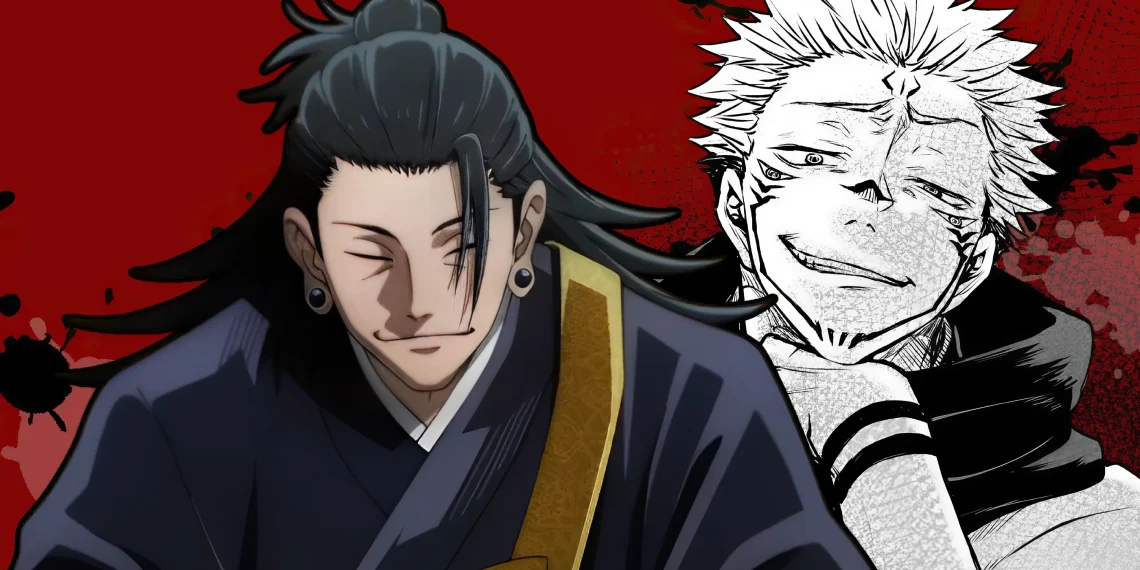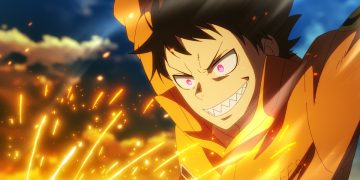In the gritty, high-stakes world of Jujutsu Kaisen, certain characters stand out not only for their sheer strength but also for the depth of their manipulations and motivations.
Ryomen Sukuna, the “King of Curses,” and Kenjaku, a master manipulator and one of the series’ primary antagonists, each have left an indelible impact on the storyline and the fanbase.
As the narrative unfolds, these two formidable figures find themselves constantly critiqued, compared, and even misunderstood in various ways.
Sukuna, known for his unyielding strength and fearsome reputation, is often criticized for relying too much on Binding Vows, leading some fans to feel that his successes are rooted in “plot conveniences.”
Such discussions suggest that, in the eyes of certain fans, Sukuna’s victories are somehow undeserved, the result of carefully orchestrated plot twists rather than legitimate power or strategy.
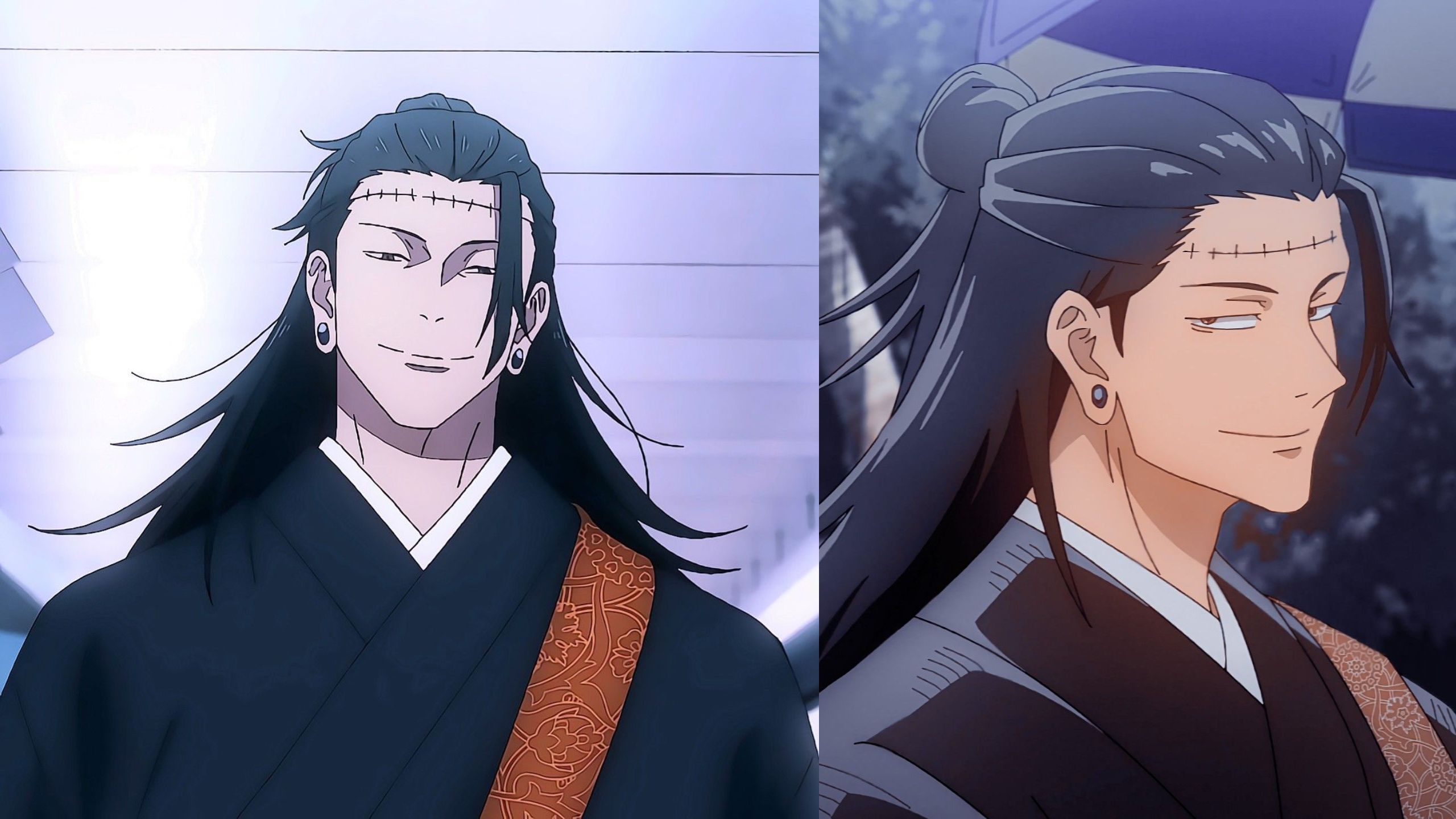
On the other hand, Kenjaku is frequently hailed as a genius of planning and control, with his status as a master manipulator going largely unchallenged.
Yet, a closer look reveals that Kenjaku’s successes are often equally if not more reliant on circumstantial advantages that feel just as contrived as anything attributed to Sukuna.
This raises an interesting question: why are fans so quick to label Sukuna as the beneficiary of plot conveniences, while overlooking Kenjaku’s own reliance on such tools?
In many respects, Kenjaku’s ability to get out of tight situations, coupled with his access to powerful resources, arguably makes him even more of a plot-protected character than Sukuna.
By analyzing key events in Jujutsu Kaisen, particularly during the Culling Games arc, it becomes clear that Kenjaku often finds himself in situations where his survival and success depend on extraordinary luck, narrative conveniences, or other inexplicable boons.
Below, we’ll look through these moments in detail, examining how Kenjaku, rather than Sukuna, embodies the concept of “plot armor.”
Kenjaku’s Strategic Image Versus Fortunate Circumstances
Kenjaku is undeniably portrayed as a master planner. His centuries-long quest for power, his extensive knowledge of jujutsu, and his unmatched ability to manipulate both allies and enemies alike have all contributed to his reputation as an intellectual powerhouse.
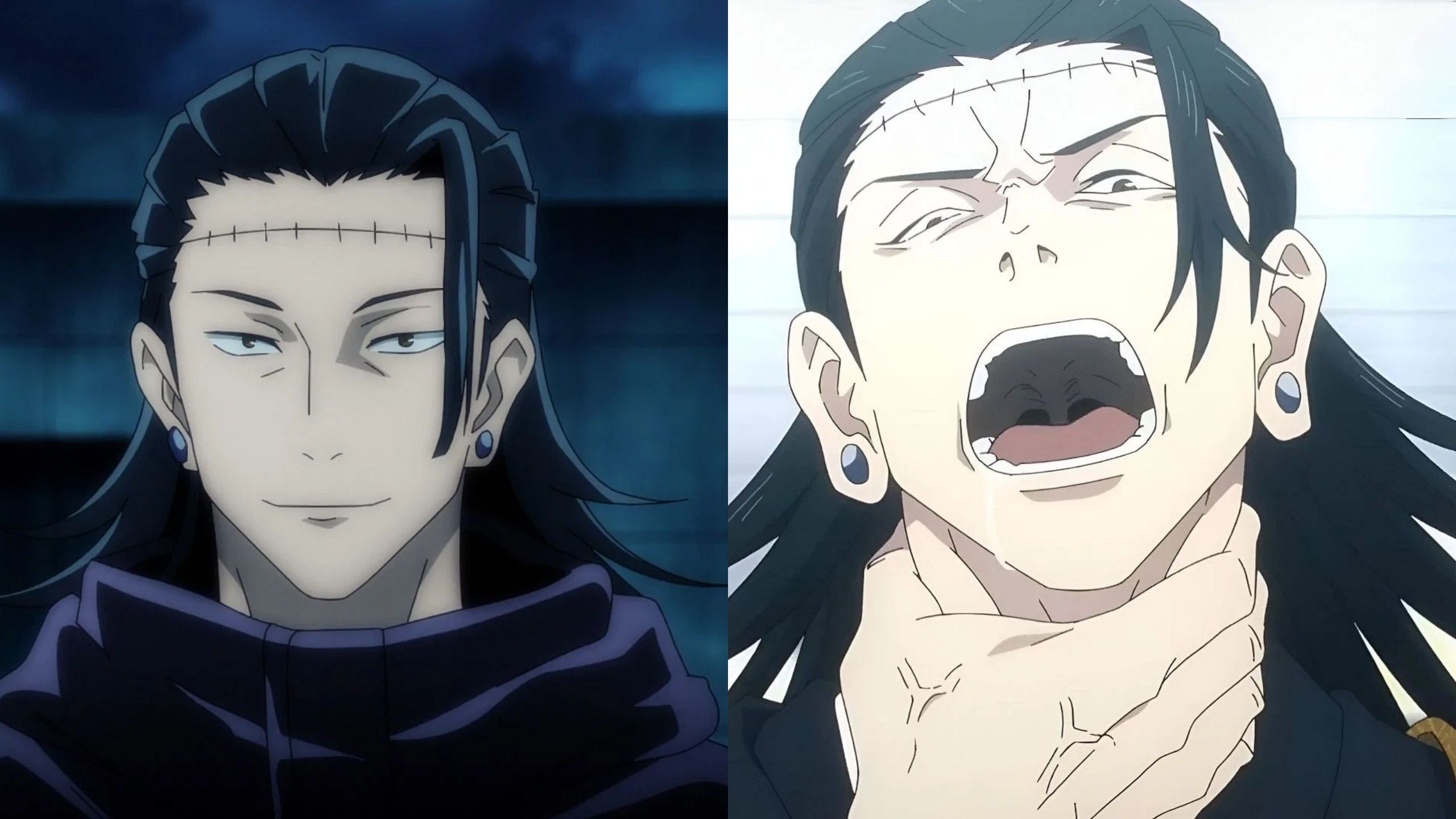
The series goes to great lengths to present Kenjaku as a meticulous and calculating villain, one who always seems to have a plan ready for every occasion.
However, a closer inspection reveals that his achievements often stem from sheer fortune or conveniently timed developments rather than flawless strategy.
Kenjaku’s encounter with Yuki Tsukumo, one of the few sorcerers capable of standing against him in battle, is one such instance.
This pivotal moment in the Culling Games arc shows how Kenjaku’s success frequently hinges on unforeseen advantages.
In many respects, this encounter summerizes the way Kenjaku manages to survive or even thrive in situations where the odds should logically be stacked against him.
Through the lens of this fight, as well as his capture of Satoru Gojo and his alliances, we see how Kenjaku’s journey benefits from what can only be described as excessive plot armor.
Battle With Yuki Tsukumo: Convenient Skills in Critical Moments
Yuki Tsukumo’s battle against Kenjaku is one of the series’ most intense and revealing confrontations.
With her powerful Star Rage Cursed Technique, Yuki demonstrates why she is feared and respected among the jujutsu sorcerers, holding her ground firmly against Kenjaku.
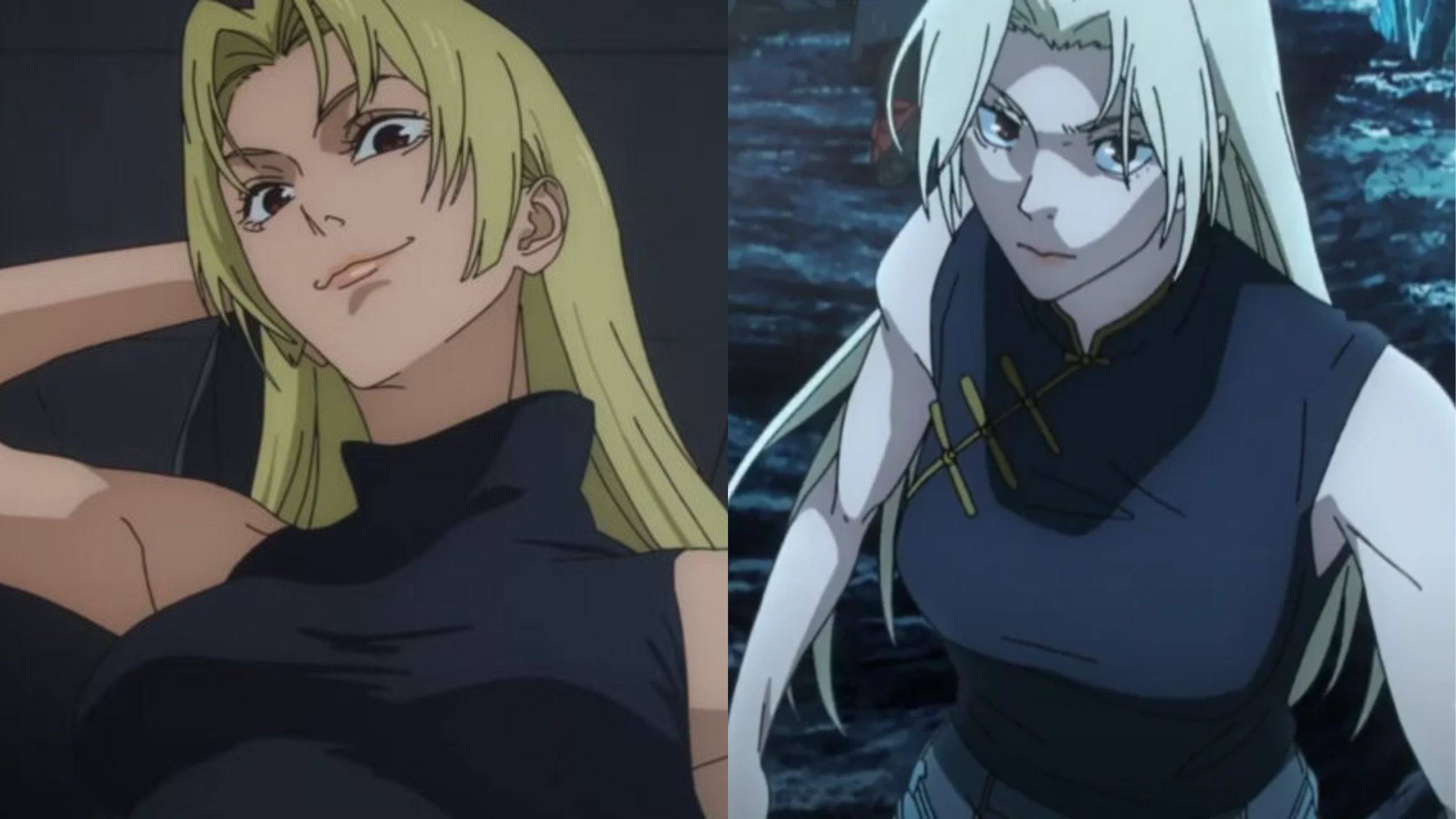
Her mastery of this technique enables her to exert tremendous pressure on Kenjaku, driving him to the brink of defeat.
As the battle escalates, it becomes increasingly apparent that Kenjaku may be outmatched.
In fact, Yuki’s black hole attack, an ultimate expression of her power, appears poised to deal a fatal blow to Kenjaku, seemingly securing her victory.
However, it is at this climactic moment that Kenjaku reveals an unexpected ability: gravity manipulation.
This skill, which he acquired from Kaori Itadori, conveniently counters Yuki’s most devastating move, allowing him to survive and ultimately overcome her in combat.
While Kenjaku’s extensive experience and accumulated powers through body-swapping explain his various abilities to a certain extent, his sudden display of gravity manipulation feels suspiciously convenient.
This particular skill was neither hinted at nor foreshadowed in previous arcs, making its introduction in the midst of a life-or-death battle seem less like a calculated tactic and more like a deus ex machina.
For fans watching this encounter, Kenjaku’s gravity manipulation comes across as a jarring twist, one that seemingly exists solely to extricate him from a scenario that otherwise would have led to his defeat.
If Yuki had succeeded, it would have dealt a significant blow to Kenjaku’s plans, impacting the trajectory of the Culling Games and removing one of the series’ central antagonists from the storyline.
Instead, this battle epitomizes how Kenjaku’s triumphs often stem not from strategic brilliance, but from plot-driven interventions.
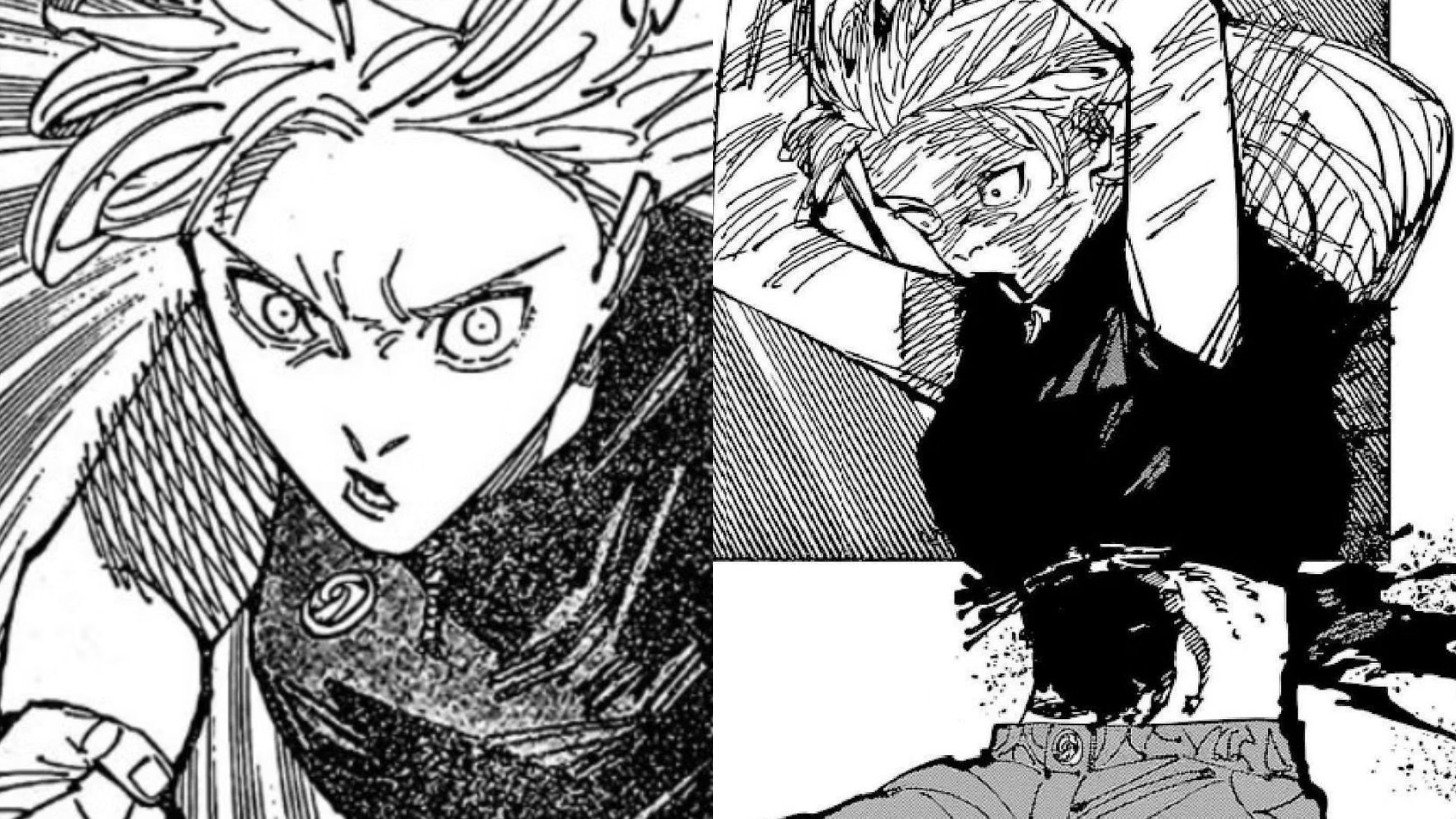
This aspect of Kenjaku’s character closely mirrors the criticisms fans direct at Sukuna, highlighting a double standard in how these two are perceived.
Use of the Prison Realm Against Satoru Gojo
Another notable moment where Kenjaku’s success relies heavily on narrative convenience is in his handling of the Prison Realm.
Recognizing that Satoru Gojo, the strongest jujutsu sorcerer alive, poses an insurmountable threat, Kenjaku turns to the Prison Realm, an ancient and powerful Cursed Tool capable of sealing Gojo indefinitely.
This device allows Kenjaku to neutralize Gojo without the need to overpower him directly, removing the most significant obstacle to his plans.
Yet, the circumstances surrounding Kenjaku’s access to and usage of the Prison Realm raise several questions.
The origins of the Prison Realm, and how Kenjaku came to possess it, are left largely unexplained.
This lack of background detail makes the Prison Realm’s introduction feel like a conveniently timed plot device, one that exists solely to allow Kenjaku to sidestep Gojo’s immense power.
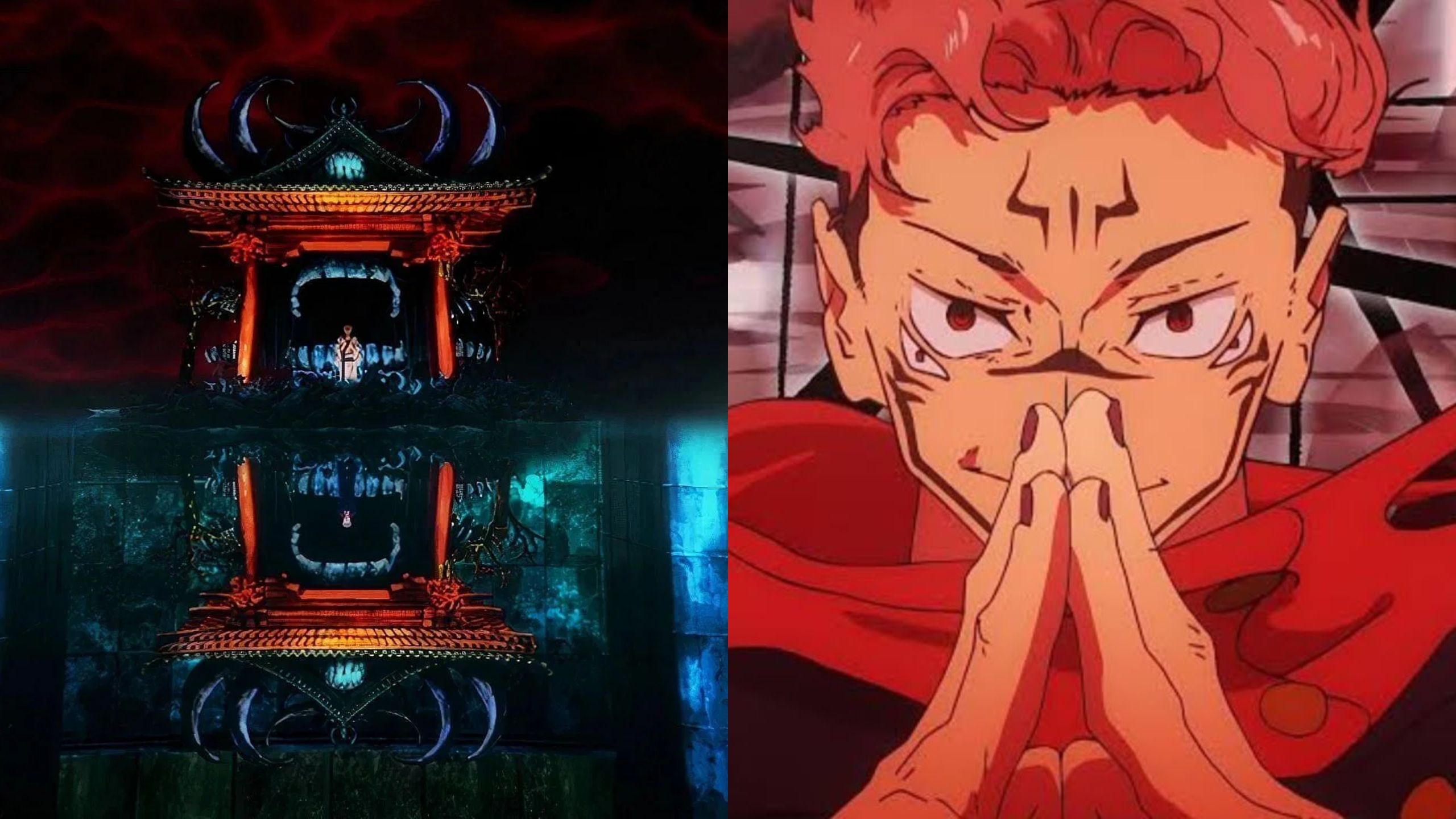
The absence of a clear explanation for Kenjaku’s acquisition of this tool makes it difficult to fully appreciate his accomplishment in using it.
Instead of seeing this as the result of Kenjaku’s careful planning, it’s easy to interpret it as a plot-driven contrivance that hands him a win against Gojo without requiring him to demonstrate any real skill or cunning.
Moreover, Kenjaku’s possession of Suguru Geto’s body Gojo’s close friend and former ally adds another layer of convenience.
This choice of host allows Kenjaku to catch Gojo off-guard, exploiting the emotional bond between Geto and Gojo to secure his victory.
The intimate knowledge Kenjaku gains through this possession gives him an advantage that goes beyond mere strategy, highlighting how his success often relies on fortuitous circumstances that he simply happens to capitalize on.
This moment, arguably the most significant turning point in the series, hinges on factors outside Kenjaku’s direct control.
Had the Prison Realm not been available, or had he lacked Geto’s body as a means to approach Gojo, Kenjaku would likely have been unable to neutralize his most powerful opponent.
The narrative’s provision of these tools at precisely the right moment underscores the plot armor that surrounds Kenjaku, despite his portrayal as a master of manipulation.
Role of Mahito and Geto in Kenjaku’s Plans
Kenjaku’s grand design for the Culling Games heavily relies on the abilities of two powerful allies: Mahito and Suguru Geto.
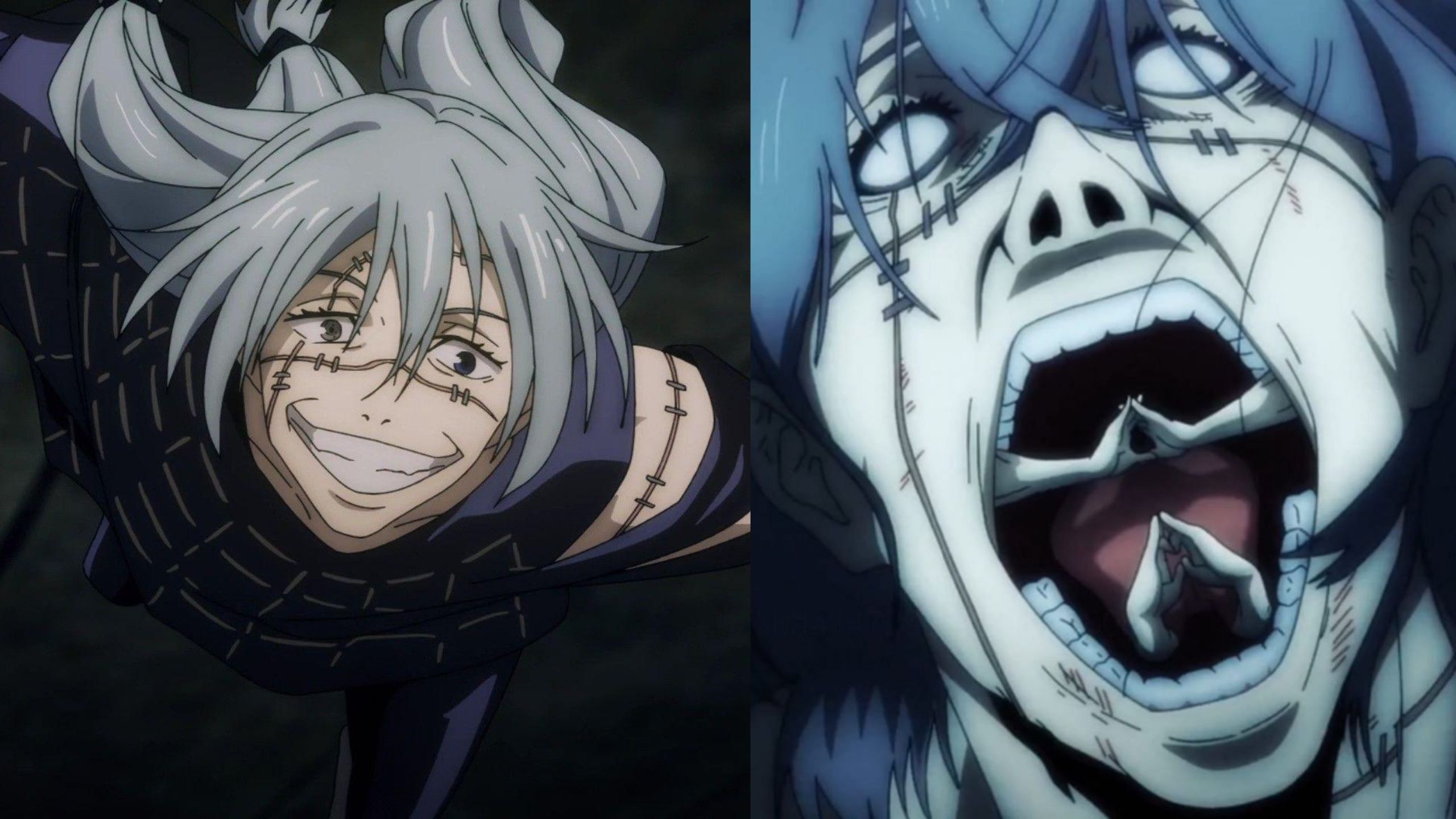
Mahito’s soul manipulation powers and Geto’s Cursed Spirit Manipulation are essential for creating the circumstances that enable the Culling Games to unfold as intended.
Yet, the presence of these two individuals and the specific nature of their abilities feels almost too perfectly aligned with Kenjaku’s goals.
Mahito’s Cursed Technique, which allows him to manipulate souls, plays a crucial role in gathering the cursed energy necessary for Kenjaku’s ambitions.
Similarly, Geto’s Cursed Spirit Manipulation gives Kenjaku access to a wide range of powerful spirits, allowing him to field an army of curses as he pursues his objectives.
The fact that these two characters exist at the same time, each possessing abilities that are instrumental to Kenjaku’s plan, is highly convenient.
For Kenjaku to have access to exactly the tools he needs when he needs them strains the boundaries of plausibility.
While Kenjaku’s possession of Geto can be explained by his strategic foresight, Mahito’s independent development as a curse with precisely the right skill set for Kenjaku’s needs is more difficult to justify.
This confluence of favorable circumstances once again underscores how Kenjaku benefits from a level of narrative convenience that is rarely afforded to other characters in the series, especially not Sukuna.
Fans might accept that Mahito’s existence is the result of natural evolution within the curses world, but his perfect alignment with Kenjaku’s requirements suggests a degree of plot intervention that diminishes Kenjaku’s reputation as a planner.
The Unexpected Alliance with Sukuna Through Megumi Fushiguro
One of the most surprising developments in Jujutsu Kaisen is the alliance between Kenjaku and Sukuna, made possible through Megumi Fushiguro’s connection to the ancient curse.
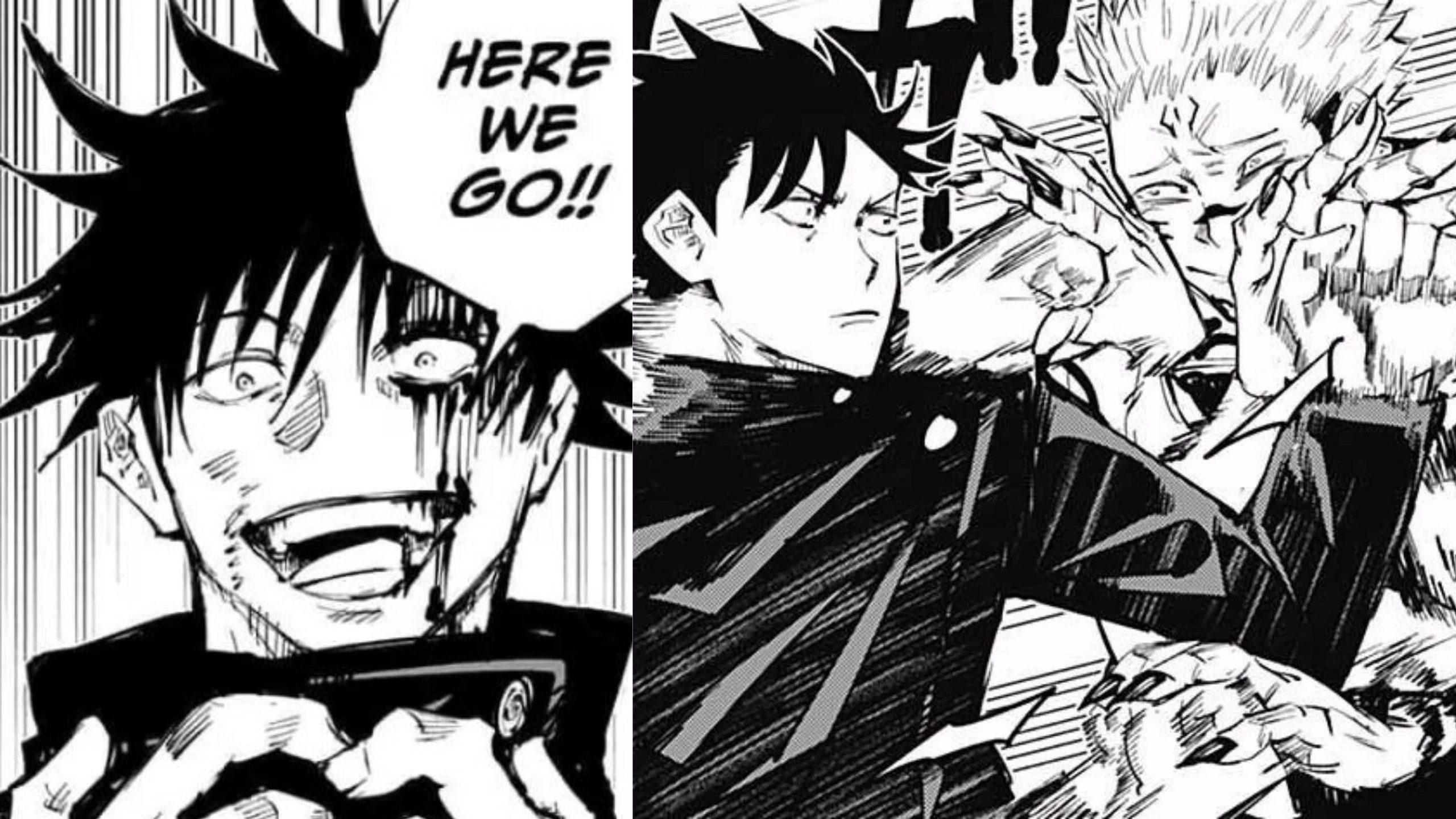
This unlikely partnership, which significantly enhances Kenjaku’s power, relies on the idea that Sukuna would find an interest in Megumi’s Ten Shadows Technique, a relatively rare ability with the potential to summon Mahoraga.
Kenjaku’s decision to foster this alliance hinges on his knowledge of Sukuna’s specific interests, which, given Sukuna’s notoriously unpredictable nature, feels remarkably serendipitous.
The steps leading up to this alliance reveal the extent to which Kenjaku benefits from seemingly inexplicable foresight.
For Kenjaku to anticipate that Sukuna would take an interest in Megumi, and that this interest would lead to a cooperative relationship, borders on implausible.
Even if Kenjaku is an astute observer of human nature and curse behavior, predicting Sukuna’s motives with such precision suggests an element of plot-driven intuition.
This development reinforces the notion that Kenjaku’s success often depends on uncanny foresight or outright luck, rather than the flawless planning fans attribute to him.
The resulting alliance between Kenjaku and Sukuna adds a significant advantage to Kenjaku’s arsenal, giving him access to one of the most powerful entities in the Jujutsu Kaisen universe.
Yet, this alliance ultimately feels less like a product of Kenjaku’s manipulation skills and more like a convenient plot twist designed to improvise the stakes of the Culling Games.
Kenjaku’s Influence Over the Culling Games: Knowledge Without Explanation
The Culling Games arc presents one of the most complex and ambitious events in Jujutsu Kaisen, with Kenjaku serving as the primary orchestrator of its intricate rules and conditions.
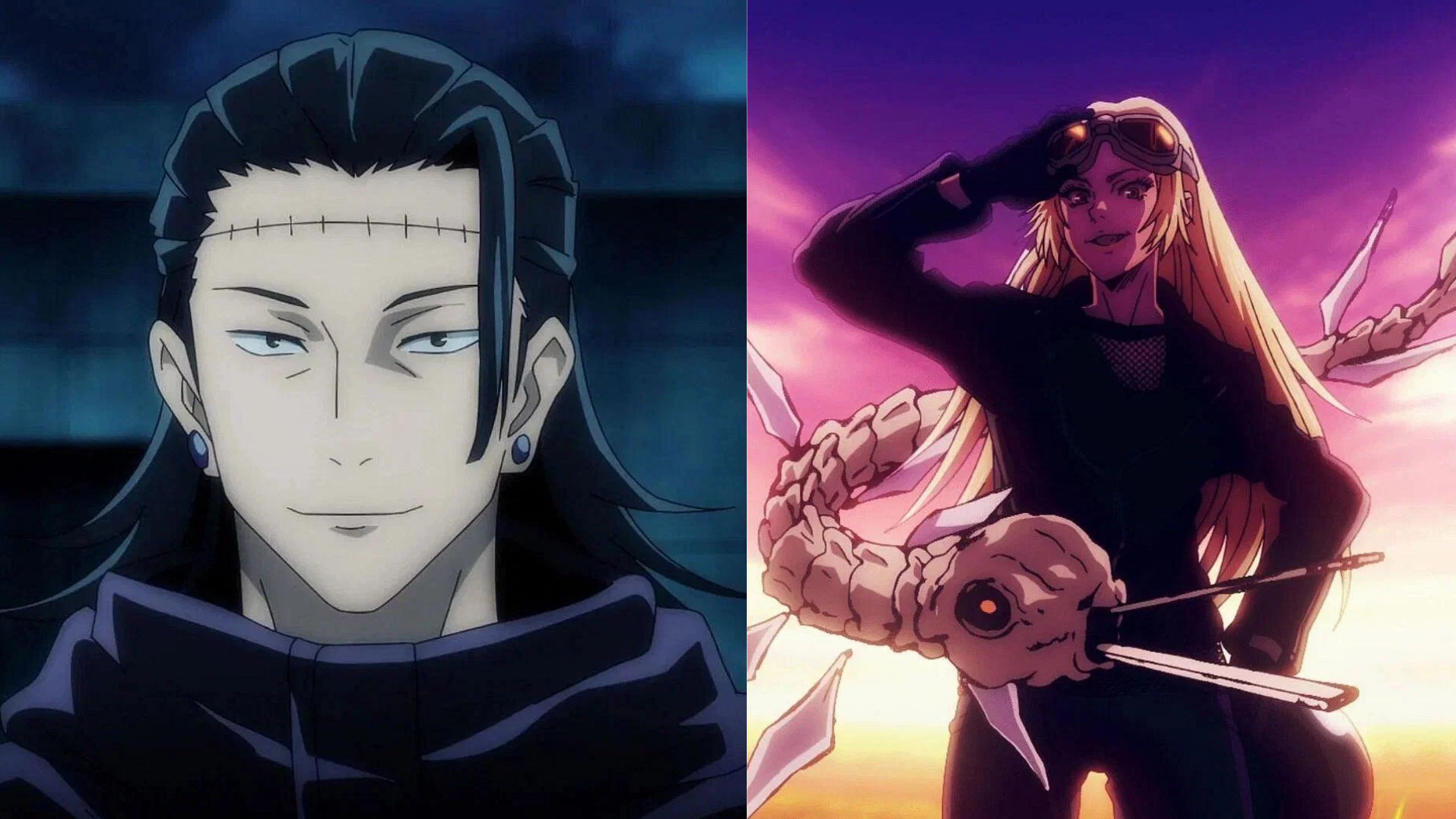
Through his extensive knowledge of jujutsu and his ability to manipulate key figures, Kenjaku establishes the framework for a competition that tests the limits of both sorcerers and curses alike.
Yet, once again, Kenjaku’s success here hinges on unexplained knowledge that appears too perfect to be believable.
The extent of Kenjaku’s understanding of the Culling Games, from its intricacies to the effects it would have on participants, is left largely unaddressed by the narrative.
This lack of explanation creates an impression that Kenjaku possesses an almost supernatural level of foresight, one that stretches the boundaries of logic.
For instance, Kenjaku’s knowledge of the game’s inner workings, including the detailed mechanics of Binding Vows and Cursed Techniques, feels unnaturally comprehensive.
Even if he is an exceptionally knowledgeable sorcerer, his understanding of the Culling Games borders on prescience, furthering the perception that he benefits from plot armor.
This aspect of Kenjaku’s character highlights a key inconsistency in how fans perceive him versus how they view Sukuna.
While Sukuna is frequently criticized for benefiting from plot conveniences, Kenjaku’s extensive knowledge and intuitive understanding of the Culling Games go largely unquestioned.
This double standard underscores the ways in which Kenjaku, rather than Sukuna, embodies the concept of a character who benefits from narrative convenience.
The Real Beneficiary of Plot Armor in Jujutsu Kaisen
Jujutsu Kaisen fans often point to moments in the series where Sukuna appears to rely on plot armor, particularly in situations where his survival or success hinges on conveniently timed Binding Vows.
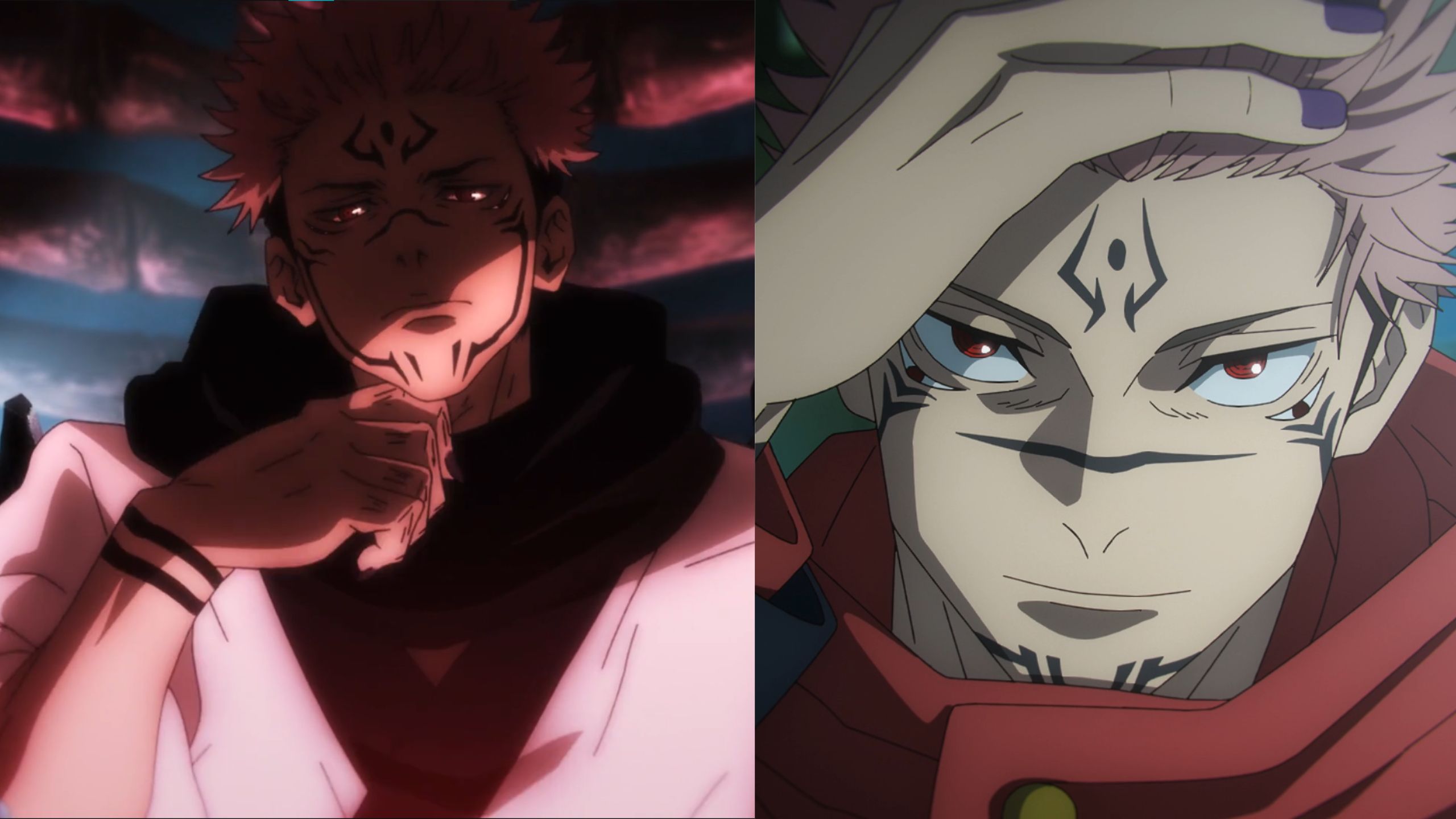
Yet, a deeper analysis of Kenjaku’s journey reveals that he, too, is frequently the beneficiary of narrative convenience.
From his unexpected ability to manipulate gravity during his fight with Yuki Tsukumo to his unexplained access to the Prison Realm and his alliance with Sukuna, Kenjaku’s success is often the result of favorable circumstances rather than genuine strategic genius.
Kenjaku’s portrayal as a master manipulator is not without merit; his centuries-long pursuit of power and his skillful manipulation of allies and enemies alike attest to his intelligence.
However, his reliance on plot-driven advantages challenges the idea that he is a true mastermind.
Rather than achieving his goals through sheer skill, Kenjaku frequently finds himself in situations where luck and convenience play a significant role in his success.
In this sense, Kenjaku, rather than Sukuna, deserves the reputation for plot armor. Both characters are formidable antagonists in Jujutsu Kaisen, but Kenjaku’s reliance on narrative convenience ultimately undermines his status as a true strategist.
As the series progresses and fans continue to scrutinize the actions and motivations of these characters, it becomes clear that Kenjaku’s success is as much a product of the plot’s favor as it is of his intelligence and cunning.


